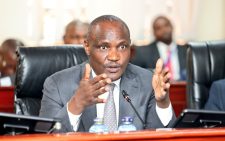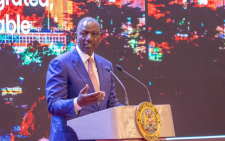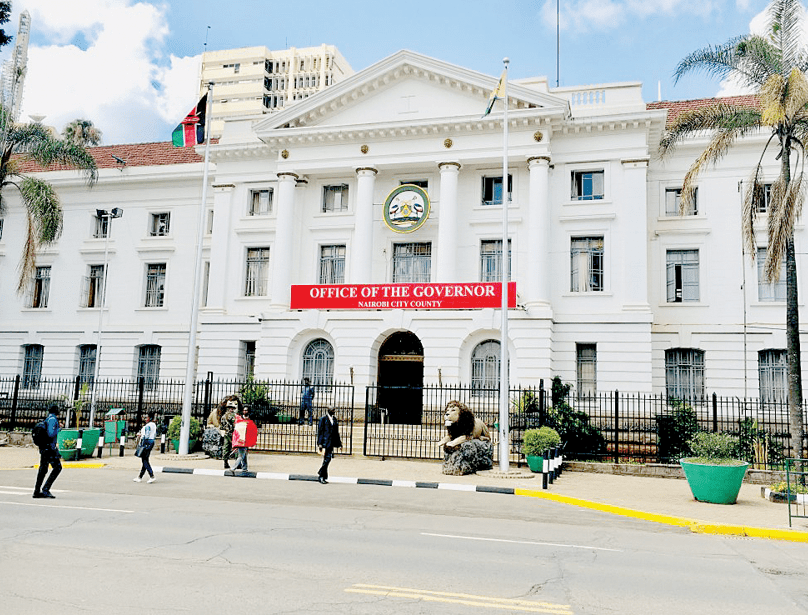Civil society organisations must get their mojo back

As Kenya Kenyans have left politicians unchecked, with detrimental consequences.
Recent rulings by the courts on political matters have affirmed the fact that the remaining pillar of democracy in Kenya is the Judiciary.
What should worry us even more is that we do not have any guarantee that this will hold, since nothing stands in the way of a future leader who ignores the role of Judiciary as the fountain of justice and defender of the rule of law.
The once vibrant civil society has been on the decline. Its luminaries have since lost steam and there was a serious transition gap to the younger generation that they had groomed.
The trade union movement no longer takes part in serious politics or has become partisan.
The church is split along the political lines. There are no signs of a strong opposition after 2022.
And the youth, interestingly, have failed to appreciate that their plight has largely to do with the cumulative result of years of poor governance. They are completely apolitical.
During the Jubilee administration, Non-Governmental Organisations (NGOs) have lacked a clear agenda on how to confront government excesses.
Opposition parties are not reliable without a strong civic voice. The journey to the 2010 Constitution that started in early 90s relied on both the politicians, who mobilised citizenry support and civil society – especially the church – that legitimised the process and offered sanctuary to political dissenters.
A component that has not captured the attention of the nation is the role of donor funding, which was critical in the civil society heyday.
There was a lot of funding that went to many NGOs that promoted good governance and complemented economic empowerment where the government had failed.
Since 2002, funding to civil society by countries like the United States has fizzled out.
This has scuttled various programmes that were effectively done through a strong relationship between the government and community-based organisations.
Civil society was also critical in offering civic education during the constitution-making process. Following the end of the Kanu rule, many NGOs closed shop.
Those who led the NGOs were absorbed into the government or politics. Perhaps had we had a strong civil society, the recent efforts to change the Constitution may have taken a different path.
Our nascent democracy cannot flourish without a strong opposition.
As we wait for the opposition parties to get their act together, civil society must step up its game and bring back the vibrancy that can give the country a constructive political debate.
As Kofi Annan once remarked, “A strong civil society promotes responsible citizenship and makes democratic forms of government work.
A weak civil society supports authoritarian rule, which keeps the society weak”. — The writer is public policy analyst — raphojuma@hotmail.com












